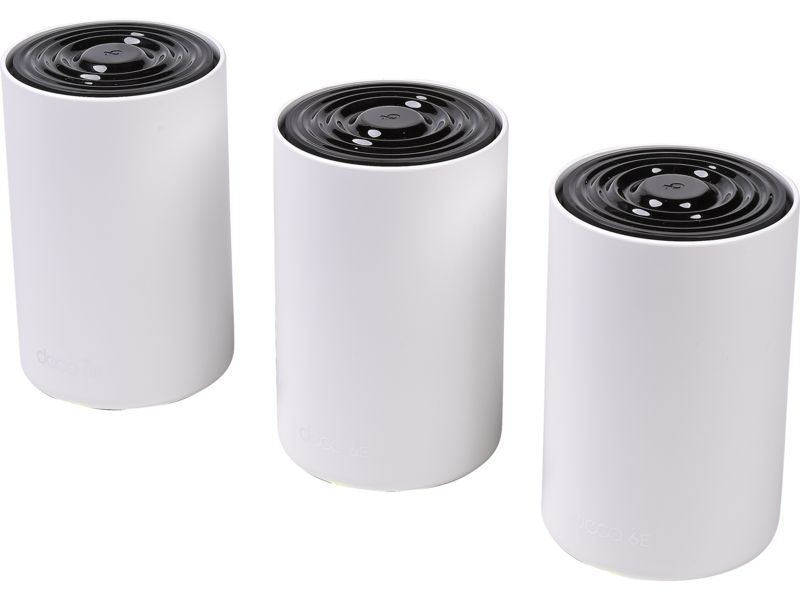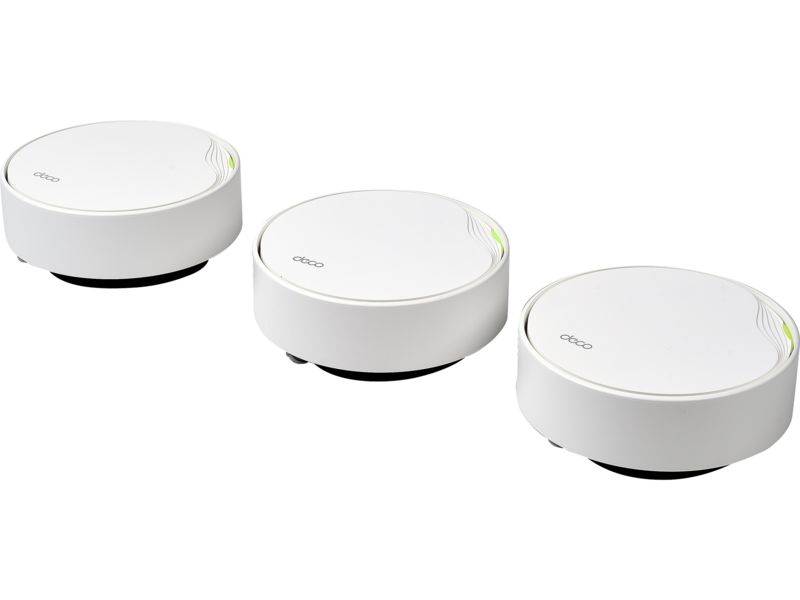By clicking a retailer link you consent to third-party cookies that track your onward journey. If you make a purchase, Which? will receive an affiliate commission, which supports our mission to be the UK's consumer champion.
How we test wi-fi routers and extenders

Which? tests wireless wi-fi routers, extenders and mesh systems so that you know which one will give you the best wi-fi signal in your home. We put all the big home network and internet service provider (ISP) brands through their paces so we can help you choose one that's quick to transfer data, easy to use and offers decent signal strength.
Each wi-fi router, extender and mesh system is subjected to the same set of gruelling tests so that we can compare them blow for blow. This means that we can answer your important, no-nonsense questions with confidence and give you a verdict you can trust.
Head straight to our wi-fi router and extender reviews – or read on to find out more about how we test these devices.
How good is wi-fi coverage and speed?
To find out how well the router performs in terms of wi-fi coverage and speed, we use a variety of different tests. Firstly, we test how well the router, extender or mesh system copes with different multimedia devices, including streaming 4K Netflix, YouTube, audio and online file transfer, running simultaneously around the home. This gives us our first indication of the coverage you'll get, and whether it will be possible to do a few things at once, under a relatively light load.
But we don't stop there – coverage is also assessed by measuring exact speeds all around the test house. This shows whether the router, extender or mesh system will give you decent speeds, even at hard-to-reach corners of the home.
Finally, we test how well the router or booster will cope when there are lots of different devices connected, all requiring a lot of bandwidth. To do this, we transfer data on different devices, all around the home, and record the file transfer speeds. This tells us how well the router is suited to homes with a lot of people, and whether it will conk out if you're trying to put it under a lot of stress – such as simultaneously downloading things online, streaming different Netflix shows around the house and gaming online, for example.
Below is an example of a heat map that we get from our coverage testing. The greener the colour, the faster the signal is.

Is it easy to set up?
Wi-fi routers or boosters can sometimes be tricky to set up, so we assess how easy it is to get each device out of the box and up and running.
We note what instructions come with the router, extender or mesh system, and then assess how easy it is to set up for a beginner and whether it has more technical settings for advanced users.
Increasingly, many home network devices now have easy set-up instructions on accompanying apps which are free to download, or from web interfaces. This method can be easier as visual or video walkthroughs are provided to help set you up.
We also look at how easy it is to set up a local network and apply parental controls.
Are there any security issues?
Routers might not be the most exciting devices and are often easy to forget about, but as they act as the digital gateway to our homes, it’s vitally important that security is up to scratch.
We put routers through a thorough security test programme, to make sure you can be confident that your data is protected.
Data encryption
During setup and daily use, data is passed back and forth to your router. Encryption of your data means that it’s safeguarded against prying eyes.
We check that the most important data, such as your personal details, is encrypted, and where it’s going, particularly if it goes abroad. If we spot anything out of the ordinary, we’ll raise an alert and investigate the issue.
Firmware
The firmware that your router, extender or mesh system is operating on can be extremely important. Out-of-date or poorly maintained firmware can mean there are gaps that could allow a hacker to access your device. Checking for any vulnerabilities ensures devices are well maintained with security in place.
Data transparency
We look at setting up all wi-fi devices online, and on both Android and Apple devices, in case there are any differences with the versions of the app. We check what app permissions are requested, such as your location, access to the camera, etc, and the reasoning behind it, to make sure everything you’re giving away really is necessary.
Password policy
Setting a strong password may seem basic, but we leave no stone unturned. We assess whether password policies are strong, to avoid easily guessable passwords which could allow people into your network to potentially access your data.
Sometimes a router or booster might allow basic passwords such as ‘password’ or ‘1234’, or even have the same username and password for every device. Also, some models will have a default password, like ‘admin’, and won’t require this to be changed. This can be an easy way in for hackers. If this is the case, we’ll highlight this in our reviews, alongside our advice on how to set a good password.
Decommissioning
What happens when you’re ready to upgrade, get a new wi-fi device or are thinking about selling your old router? Our test looks at how easy it is to reset the product and get rid of all of your data. We make sure to check there are no remnants of the previous user’s data too.
Man-in-the-middle attacks
A man-in-the-middle attack sounds scary, and it can be when your personal data is at stake. It’s when a hacker acts as an eavesdropper, trying to catch information passing to and from your router, extender or mesh system.
We run tests on every model to see if it could be susceptible to this kind of attack. If there’s anything to worry about, we’ll make sure not to recommend the product.
Other types of attacks
New hacking threats are constantly emerging, so we make sure to keep on top of the latest risks and update our test programme as necessary.
Should I buy it?

We give each wi-fi router, wi-fi extender and mesh system a total test score, so you can see which are the best and worst.
In each review we summarise what we thought of the router or booster so that you can quickly get the information you need to decide which device is best for you and your needs.
The score for each is made up of a combination of the elements in the test. We don't take price into consideration – most routers supplied by your provider will be included for free as part of the broadband package.
The score is broken down as follows:
- 90% performance
- 10% ease of use
Although the score is broken down in the same way for wireless routers, wireless extenders and mesh systems, each type of device is evaluated in a slightly different way. This means the scores for each type of device are comparable within that category, but not across the three.
Best Buy models
The score required to achieve a Best Buy badge depends on what kind of device it is:
- Internet Service Provider (ISP) wi-fi routers need to score 65% or better.
- Third-party wi-fi routers require a score of 77% or better.
- Extenders need to score 69% or better.
- Mesh systems need to score 78% or better.
From time to time we change the Best Buy cut-offs for routers, extenders and mesh systems to ensure they reflect the very best devices currently on offer. The last time we changed the Best Buy cut-off was in May 2024.
Great Value models
Great Value models do well in our tests but are also at least 20% cheaper than the average price for that type of product. We calculate these prices by, for example, comparing all extenders currently on test against each other to see which are Great Value. This is also done for third-party routers and mesh systems.
In addition to the price requirements, qualifying devices will also need to score at least 65% in our tests.
Great Value models are the ones to go for if you’re looking for a bargain. Some Great Value models will even score well enough to be Best Buys too.
ISP routers are not eligible for Great Value as you're required to take out a full broadband package with the provider to receive and use the router.
Don't Buy models
Models that score 30% or less are labelled a Don't Buy. This is a warning to avoid them.






















